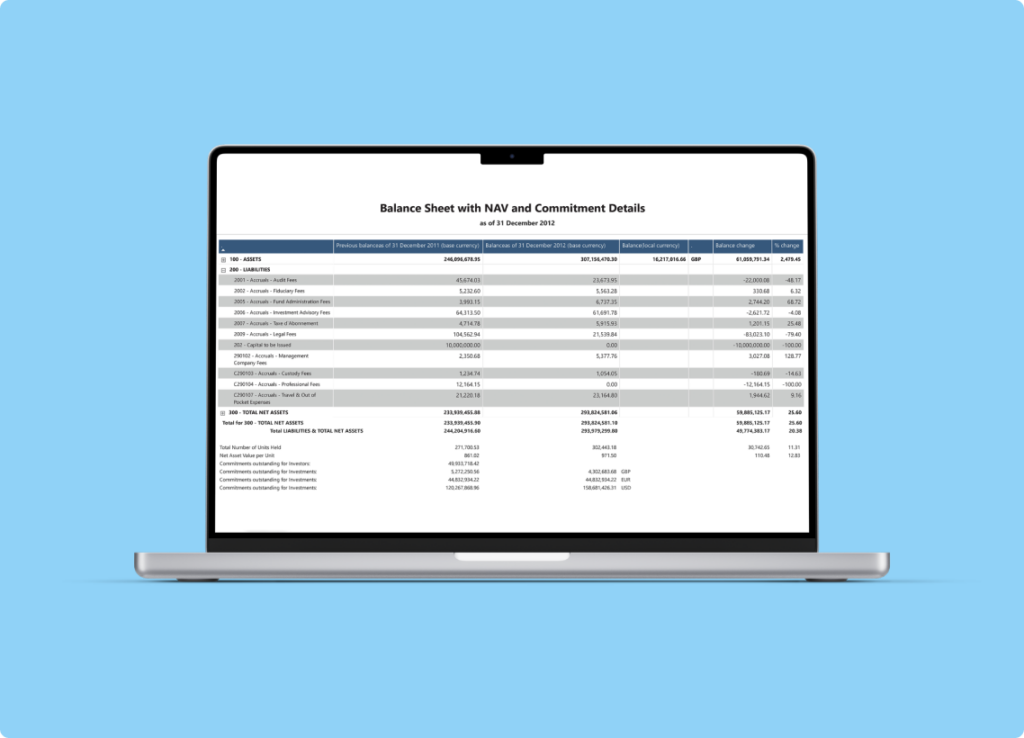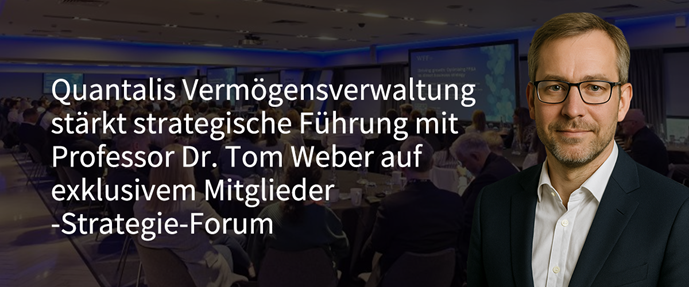Within the European project WideLase, scientists and engineers from across Europe joined forces to develop a new generation of laser based sensor systems with direct benefits for society and the wellbeing and health of our population.
Three challenging applications addressing important markets have successfully been realized in the project: One application in traffic control comprises a system able to remotely detect driver intoxication. Driving under the influence of alcohol continues to be a major cause of road fatalities. The new sensor developed by Airoptic (Poland) deploys an eye safe laser beam transmitted across the road, through the passenger compartment of a driving car. Laser based spectroscopy is used to measure the concentration of alcohol vapor in exhaled breath.
The second application by Airoptic is a formaldehyde detection system for on-line monitoring during wood board manufacturing. Formaldehyde is a known carcinogen and the most significant sources of formaldehyde in homes are likely to be pressed wood products. Accurate on-line monitoring will allow manufacturers to gain tighter control of emission levels.
The third application investigated by Norsk Elektro Optikk (Norway) is the detection of leakage from aerosol cans. By law each aerosol can has to undergo a final leakage test before it can be delivered to customers. Presently the most commonly used method is to dip the bottles into a hot water bath and check for bubbles. This method is very inconvenient and timeconsuming. An elegant solution based on a contactless passing-by optical measurement as desired by industrial users has been developed in WideLase.
The WideLase project (www.widelase.eu) with partners from Germany, Norway, Poland and the Netherlands started in 2012 and was supported by the European Commission with a funding of 2.2 million Euros within the EU 7th Framework programme. The European level was essential to obtain access to the range and quality of personnel, technical expertise and resources required to tackle the various research challenges of the project.
Consortium partner nanoplus (Germany), an international leading supplier of lasers for gas sensing applications, and Mach8 Lasers (the Netherlands) were responsible for the development of novel laser sources within the project. They investigated two highly innovative concepts for application-grade, compact, rugged and cost effective widely tunable lasers in the mid infrared, which were then used for the development of the above sensor systems.
The success of the project’s four industrial partners in their various fields was only made possible by a tremendous support from the academic WideLase partners at the University of Würzburg (Germany) and Wroclaw University of Technology (Poland) laying the project foundation by design, growth and characterization of novel semiconductor laser structures.
WideLase has created durable links between European industries and academia and will contribute to maintain European competitiveness at an industrial level, bringing Europe ahead of competition in important emerging markets.
nanoplus designs and produces Distributed Feedback Lasers and Fabry Perot Lasers in the entire wavelength range from 760 nm to 14000 nm.
The lasers are used for high-precision tunable diode laser absorption spectroscopy in industry and research. Applications include process optimization, oil & gas, environment, safety, defense, health, automotive, space, biotechnology and research.
We support our customers with more than 15 years of engineering know-how in the gas sensing business and provide laser solutions, OEM modules and services that are tailored to their specific requirements.
Kontakt
nanoplus Nanosystems and Technologies GmbH
Christian Forchel
Oberer Kirschberg 4
97218 Gerbrunn
0931 / 908 27 17
christian.forchel@nanoplus.com
http://www.nanoplus.com





